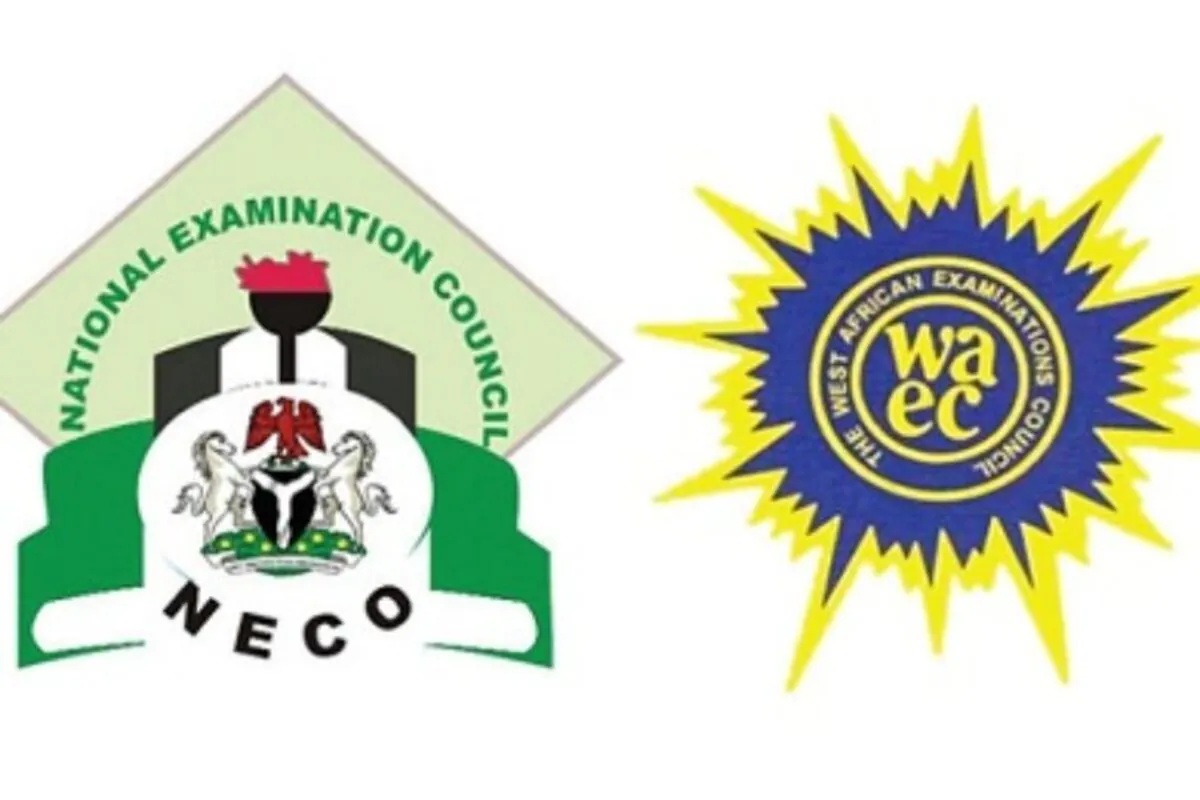In a major stride towards digitising Nigeria’s education sector, the Federal Government has announced that all school-based Senior School Certificate Examinations (SSCE) conducted by NECO and WAEC will soon transition to the Computer-Based Test (CBT) format.
This new directive, set to take full effect by 2026, signals a landmark shift in how national examinations will be conducted.
Minister of Education, Dr. Tunji Alausa, revealed this while monitoring a pilot CBT SSCE organized by the National Examinations Council (NECO).
The exam held at Sascon International School in Maitama, Abuja.
Applauding the smooth rollout of the pilot phase, Alausa confirmed that going forward, all school-based SSCEs would no longer hold in traditional classrooms but at designated CBT centres across the country.
“This is a transformative move,” the Minister said. “Just like JAMB exams, we’ll be using CBT centres for WAEC and NECO as well.
“There are thousands of them nationwide, and many are privately owned.
“These centres are underutilized, and it’s time we fully integrate them into the value chain of our education infrastructure.”
Dr. Alausa explained that many schools currently lack the required digital infrastructure for such an examination transition.
However, he expressed confidence that leveraging existing CBT centres would bridge the gap while simultaneously expanding job opportunities in the tech and education sectors.
“These centres represent multi-billion-naira investments by Nigerian entrepreneurs,” he said.
“They’re not just buildings with computers; they are hubs for innovation and local tech development.
Supporting their integration into NECO and WAEC’s operations will stimulate economic growth and job creation.”
He also noted that the government’s digital reform efforts in education reflect President Bola Ahmed Tinubu’s broader economic agenda, which focuses on unleashing opportunities across sectors.
In his remarks, the Minister praised NECO for its readiness to embrace CBT.
He also highlighted the importance of reducing examination malpractice, which has plagued Nigeria’s education system for decades.
“We can’t continue the culture of leaked papers and widespread cheating,” he said.
“A secure, technology-driven examination system is not just the future, it’s the only way forward.”
Starting from November 2025, all NECO and WAEC objective tests will go fully digital, with the essay sections expected to transition by 2026.
Alausa called this a “game-changing moment” that will align Nigeria’s assessment systems with global best practices.
NECO’s Registrar, Prof. Ibrahim Dantani Wushishi, reaffirmed the Council’s preparedness, despite logistical challenges in some parts of the country.
“We are ready to go digital,” Prof. Wushishi said during an inspection visit to Government Secondary School, Maitama.
“Yes, infrastructure challenges exist, particularly in remote areas, but with collaboration from state governments and private partners, we can overcome them.”
He called on state governments to urgently invest in CBT infrastructure, especially in underserved regions.
Prof. Wushishi emphasised that digitising exams would drastically reduce malpractice, improve result integrity, and enhance the international recognition of Nigerian certificates.
“We already have global recognition of our certificates, but transitioning to CBT will solidify our reputation and improve credibility,” he added.
According to NECO’s latest data, over 1.36 million candidates registered for the 2025 SSCE, the highest ever.
Kano State topped the registration list with over 137,000 candidates, while Kebbi recorded the lowest with just over 5,000.
Interestingly, the Nigerian International School in Jeddah, Saudi Arabia, registered the fewest candidates, only eight.
Legislators have also pledged support.
Senator Ekong Samson, Vice Chairman of the Senate Committee on Education (Basic and Secondary), reiterated the National Assembly’s commitment to driving Nigeria’s education into the digital age.
“Nigeria must move with the times,” Senator Samson said.
“We will support all initiatives that ensure our examination systems meet international standards.”
Hon. Oboku Oforji, Chairman of the House Committee on Basic Examination Bodies, praised NECO’s efforts during a monitoring exercise at Federal Government Boys’ College, Apo.
He described the examination process as smooth and commended NECO’s leadership.
“We are proud of what NECO is doing under Prof. Wushishi. We’ll continue to provide the legislative backing needed to support this digital revolution,” he said.
As Nigeria advances into a more tech-driven educational era, stakeholders hope this bold transition will rebuild trust in national examinations, curb malpractice, and empower the next generation with skills fit for a digital future.



